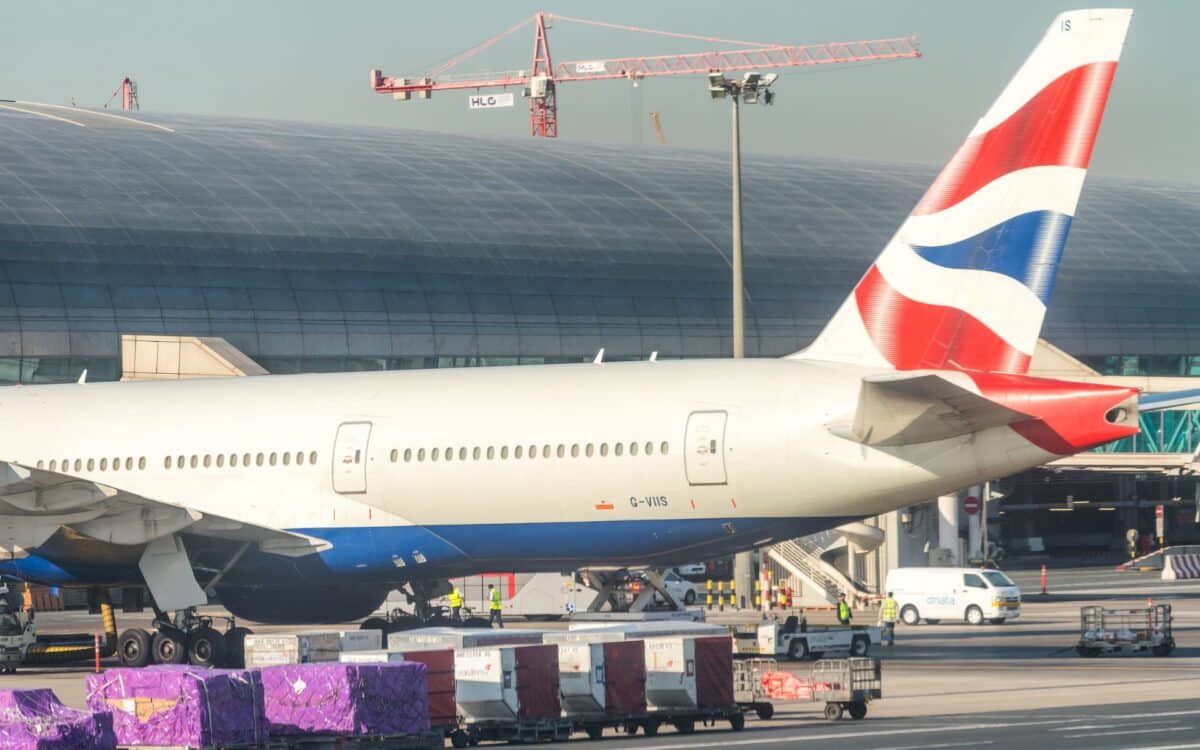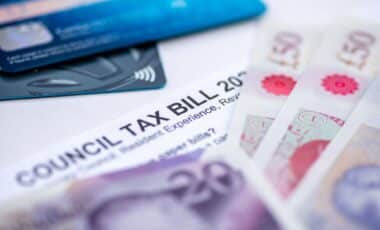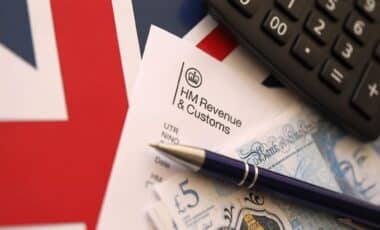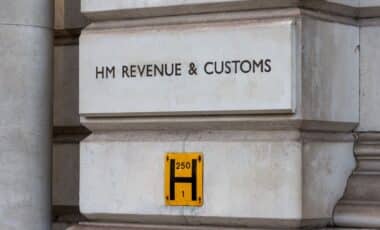Families across the UK are bracing for record-breaking holiday taxes under Labour’s proposed changes to Air Passenger Duty (APD). The increases, set to take effect in April 2026, will significantly impact holiday budgets, with levies surpassing £400 for popular destinations.
Holiday Taxes Increase Outpace Inflation
Under the new rates, a family of four flying economy class to Florida’s Walt Disney World will pay £408 in holiday taxes. This represents a 15% increase compared to current rates, a rise more than five times the 2.6% inflation rate.
The increases will not only affect long-haul travelers but also families flying to closer destinations. For short-haul European trips to places like Spain, the APD for a family of four will rise to £60, up from £52. Ultra-long-haul flights, such as those to Australia, will incur a tax bill of £424 for a family of four, or £106 per person.
These changes come amid Labour’s broader financial strategy. The adjustments, referred to as holiday taxes, are projected to generate an additional £2.5 billion in APD revenue between 2026 and 2030.
Historical Apd Trends Reveal Sharp Increases
Introduced in 1994, APD was initially set at £5 for European destinations and £10 for other locations. If these rates had simply tracked inflation, they would now stand at £10.31 and £20.62, respectively. Instead, short-haul APD has increased by 200%, while long-haul and ultra-long-haul rates have risen by 920% and 960%, respectively.
By April 2026, APD for short-haul European flights will have surged to £15 per person for reduced-rate tickets. Long-haul rates will climb to £102, and ultra-long-haul journeys will see rates of £106 per person in economy class. These increases solidify the growing burden of holiday taxes on travelers.
Industry Backlash and Economic Concerns
The travel industry has reacted strongly to the proposed hikes, with several leaders criticising the financial burden on passengers and the potential economic impact.
Willie Walsh, former CEO of British Airways and now head of the International Air Transport Association, stated, “British passengers are rightly fed up with paying ever-higher rates of APD.” He questioned the compatibility of the policy with Labour’s growth goals, highlighting that aviation supports 1.6 million jobs and contributes £127 billion to GDP.
Similarly, Tim Alderslade, CEO of Airlines UK, argued that higher holiday taxes would make the UK less competitive, adding, “The increases will hit working people in the pocket and make it harder for airlines to put on and sustain new routes.”
The TaxPayers’ Alliance also criticised the fairness of the policy. Darwin Friend, a representative, noted, “While the Prime Minister can travel without paying APD out of pocket, taxpayers funding his travel must work even harder to afford their annual holidays.”
Breakdown of Apd Rates by Band and Class
The APD system categorises flights into four bands based on travel distance and cabin class, with rates set to rise significantly in 2026. These increases will further elevate holiday taxes :
- Domestic Flights: £8 for economy class and £16 for standard class.
- Band A (up to 2,000 miles): £15 for reduced rate and £32 for standard rate.
- Band B (long-haul): £102 for reduced rate and £244 for standard rate.
- Band C (ultra-long-haul): £106 for reduced rate and £253 for standard rate.
Premium cabins and private jets face the steepest increases. Ultra-long-haul flights on private jets will incur a charge of £1,141 per journey.
Impact on Travelers and the Aviation Sector
The government acknowledges that the tax increases could lead to higher airfare costs, with airlines typically passing APD directly onto consumers. Critics argue that the resulting holiday taxes could deter travel and affect tourism-dependent economies.
The timing of the announcement, just ahead of Sunshine Saturday, underscores the challenges families face in planning their holidays. As one of the busiest booking days of the year, the potential for increased costs may weigh heavily on decisions.









